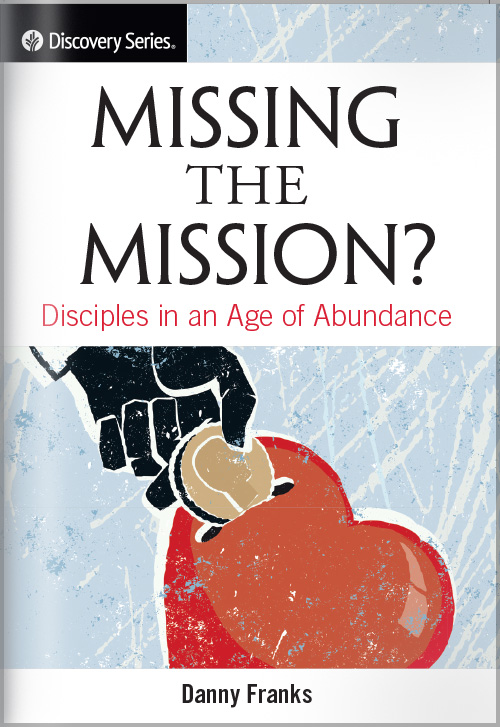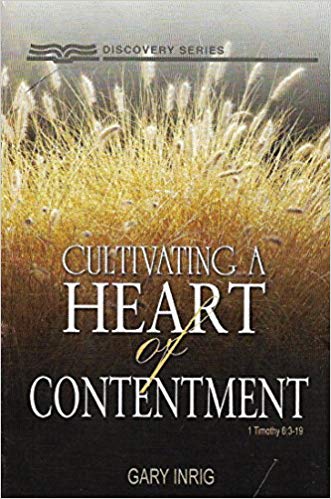This Week's Article
Have You Taken One Second to Say Thank You?
When I asked the late John Stott what he considered to be the greatest problem in the church, he gave a one-word answer—superficiality. I agree with him. Connected to the epidemic of superficiality in the church is the problem of ingratitude. As William Ward asked, “God gave you a gift of 86,400 seconds today. Have you used one to say ‘thank you’?”
In the account of Jesus healing the 10 lepers, we note they had faith that turned to God. They can be commended for this. They called out in a loud voice, “Jesus, Master, have pity on us!” (Luke 17:13).
Jesus graciously healed them, and tested their faith by asking them to go to the priests to get a certificate of health (as required by the law). They must have noticed that their skin still looked leprous. But they believed Jesus and obeyed Him. “And as they went, they were cleansed” (v. 14). Faith was rewarded after their obedient response to Jesus’ command.

We can imagine how joyful those lepers were that day. They all had the faith that turned to God. But only one had faith that returned to God with thanksgiving. He came back to Jesus, fell at His feet and thanked Him (vv. 15-16). We are told that this man was a Samaritan. (Even though Jews and Samaritans did not usually mix, lepers had no such divisions; adversity has a way of uniting people).
In this case, the Samaritan was the only one to return to Jesus. When the 10 lepers were healed, the line between Jew and Samaritan became visible once more. Prosperity tends to divide those who are just happy with their changed circumstances from those who are truly grateful to God. As R. H. Blyth observed, “There is no greater difference between men than between grateful and ungrateful people.”
The nine ungrateful lepers were cleansed, but this grateful Samaritan was truly “made well” (v. 19)—what a difference! All the lepers stood at a distance from Jesus, except for this man who came close to Jesus. It seems that only grateful believers come close to Jesus. The rest ask for blessings from a distance.
Consumer Christianity is made worse by our sense of entitlement. We think we are entitled to God’s blessings and His convenient interventions. Like the nine lepers who thought nothing more of what they had received from Jesus, how often do we eat food, enjoy health or receive daily blessings without a grateful thought to God?

There is great danger in treating God as a kind of divine ATM machine. We think He exists for our good; instead, we exist for His pleasure. We must remember that it is God who blesses us with all good things, and learn to live gratefully. Matthew Henry, the Bible commentator, was once robbed of his wallet. He wrote a list of the things he was thankful about in his diary: First, he had never been robbed before. Second, they took only his wallet and not his life. Third, even though they took it all, it wasn’t very much. Finally, he was the one who was robbed and not the one who was robbing.
Chesterton challenges us: You say grace before meals. All right. But I say grace before the concert and the opera, and grace before the play and pantomime; grace before I open a book, and grace before sketching, painting, swimming, fencing, boxing, walking, playing, dancing and grace before I dip the pen in the ink.
As we approach the end of 2018, let’s count our blessings and give thanks to God for all that He has given us.
Jesus asked, “Were not all ten cleansed? Where are the other nine? Has no one returned to give praise to God except this foreigner?”
—Luke 17:17-18
How has God bless you this year?
How will you express your gratitude to God?
Excerpt and adapted from Apprenticed to Jesus by Robert Solomon. © 2014 by Robert Solomon. Used by permission of Armour Publishing. All rights reserved.
Challenged by what you’ve read? Check out these related resources on this topic.








